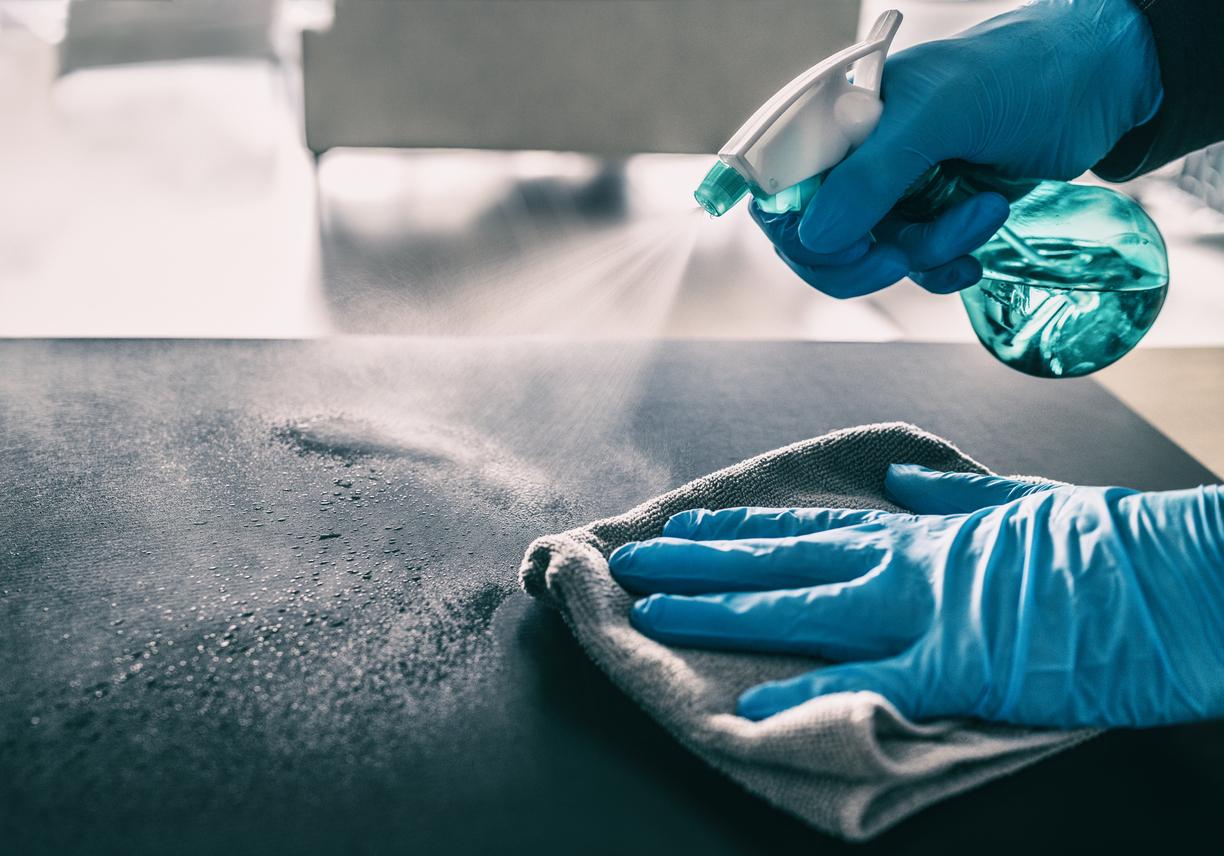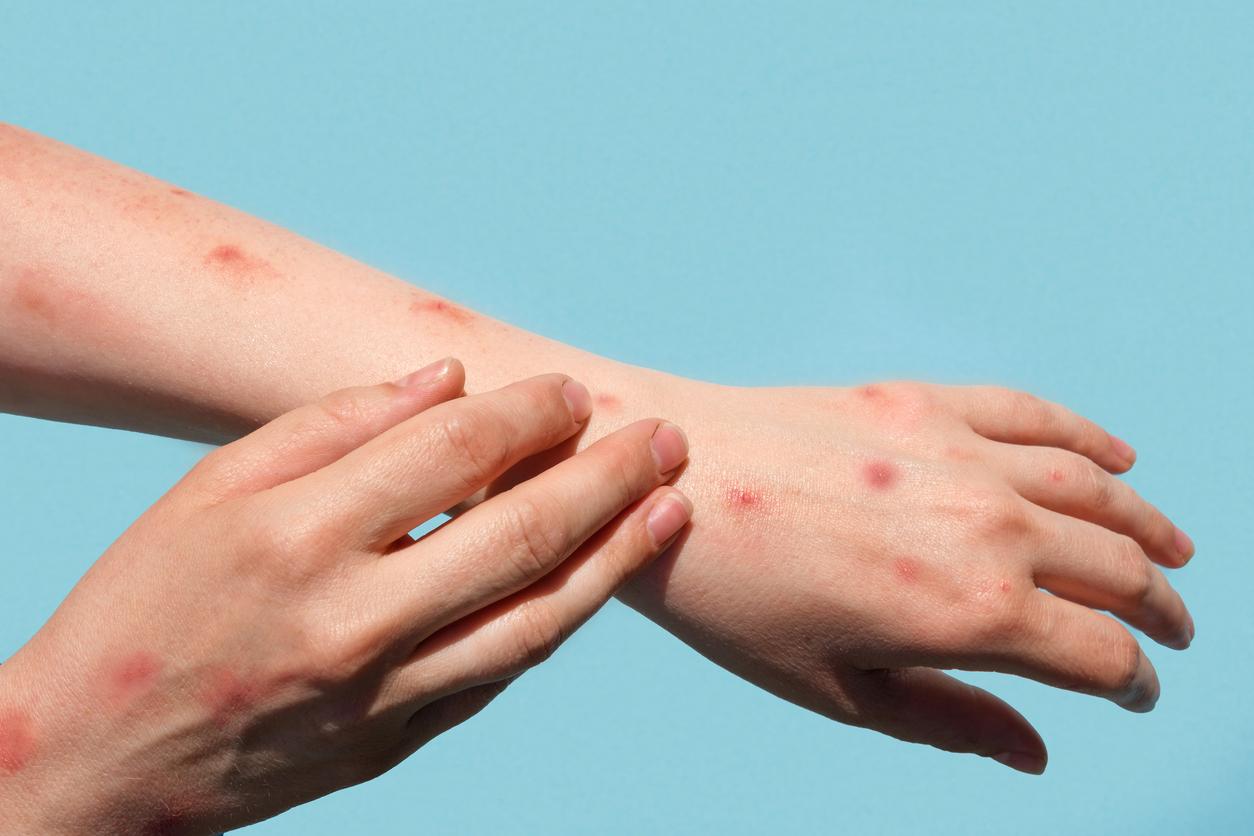As we get older, the senses get tired: we hear less well, we see less well, and sometimes taste and smell also play tricks on us. According to a recent study conducted by Johns Hopkins Medicine and published in the journal The Journals of gerontologylosing the sense of smell would increase the risk of depression in the elderly.
To arrive at this observation, the researchers followed more than 2,000 seniors (between 71 and 82 years old) for 8 years, giving them physical exams once a year, and supplementing every six months with phone calls. Several things were tested in them, their mobility, their mental health, and in particular certain senses such as taste and smell.
At the start of the study, several profiles stood out. Those who had already completely lost their sense of smell, a quarter of them, and those whose sense of smell was not at its maximum capacity, 28%. For the remaining 48%, everything was fine on that side.
More risk of decline in mental health
The researchers wanted to understand whether the loss of this sense, partial or total, could alter the mental health of the seniors studied. It has already been observed in the context of neurodegenerative diseases that the sense of smell was affected. In 2015, researchers observed in seniors that those with more difficulty identifying odors had a 2.5-fold increase in risk of dying within four years of the test, compared to participants with a good sense of smell.
During the 8 years of the study, a quarter of the participants developed depressive disorders. This allowed the researchers to formulate the theory that having a reduced sense of smell would make you more vulnerable, and could increase the risk of declining mental health in old age.
Source : The Journals of gerontology


















